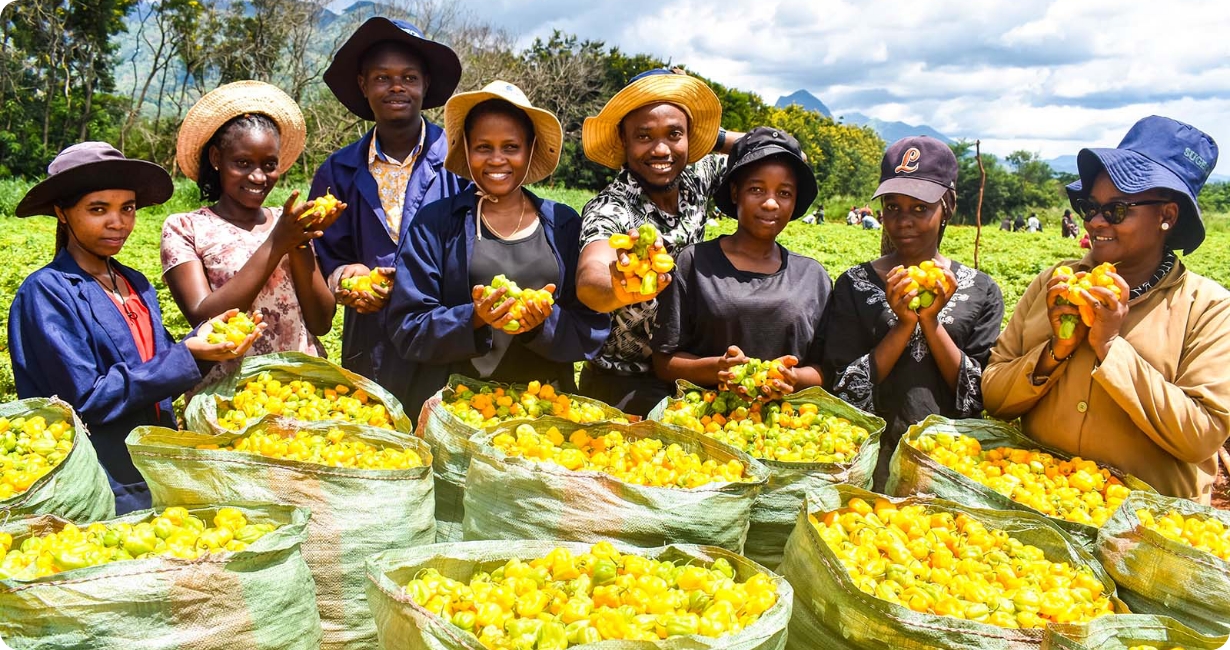Cuso International reports insufficient minimum wage does not encourage Colombian workers to opt for formal employment
News

FOR IMMEDIATE RELEASE
March 14, 2019
Bogotá, Colombia – Minimum wage in Colombia is not enough to escape poverty and move towards better living conditions. Furthermore, it is not incentive enough for the informal working population to transition toward formal employment, according to a report released today by Cuso International.
Based on an analysis of the work experience of minimum-wage earners in Colombia as presented in the study ‘Reflexiones sobre el salario mínimo y la informalidad laboral’ (Reflections on the minimum wage and labor informality), Cuso concludes that such workers in Colombia face vulnerability in the labor market.
Labor precariousness is evident in the insufficiency of minimum wage to cover basic needs. Usually minimum-wage earners can assume the expenses of food and housing given they have family support networks and basic state protection networks such as Sisbén.
In addition, the working population that earns minimum wage has lost more of its purchasing power in recent years than the general population. The study carried out by Cuso and supported by the Government of Canada, showed that the average income of a head of household in 2007 decreased twice as much as it did in 2017, while that of a head of household with earnings equal to or less than the minimum wage decreased four times over the same period.
Given the limitations of minimum wage to cover daily expenses, the researchers emphasized that minimum-wage workers face great difficulties at critical times marked by illness and accidents that, in some cases, are work related. Workers must have social security to cope with these situations and minimum wage does not allow them to cover subsequent additional expenses.
“It is true that workers who earn a minimum wage are not destined to starve. But it is alarming that the probability that this remuneration will really allow them to escape poverty is non-existent,” said Alejandro Matos, Director of Cuso in Colombia.
Although many informal workers in Colombia earn less than a minimum wage (60% of the working population) and do not have social security, having a formal job that can generate a living wage does not necessarily guarantee an improvement in their living conditions.
It’s not just a question of getting a job, but also of permanence.
Based on data from the ‘Great Integrated Household Survey’, research indicates that almost half of the hard labor force is linked to a formal job only between seven and 11 months. So, a great challenge for the country is the stability of the formal labor market. Cuso recommended that steps be taken not only to encourage access to formal employment, but permanence in formality.
“In realistic terms, a good part of the working population is in the informal sector and, therefore, it is very difficult for control and surveillance to cover these workers. The most pertinent thing is to conceive how they can make a transition to the formal labor market, through productivity policies with a regional perspective, which effectively include initiatives to generate formal employment that really aim to reduce the conditions of poverty of the Colombian population,” added director Matos.
In Colombia, Cuso’s main objective is to promote social inclusion through the sustainable economic development of communities in situations of poverty and vulnerability and the promotion of decent jobs. Through the ‘Jobs to Build a Future’ project, supported by the Government of Canada, Cuso has helped women, young people and victims of armed conflict to access formal employment.
To date, Cuso’s SCOPE project has benefited more than 8,000 people through its training and job placement initiatives, as well as through technical assistance for the private sector in the implementation of diversity and social inclusion policies and organizational programs. The project has formed eight alliances with local and national government entities to influence inclusive public employment policies in the country.
To access the publication (currently available in Spanish), visit:
http://empleosparaconstruirfuturo.org/producto/salariominimo_informalidadlaboral/
About Cuso International
Cuso International is a non-profit development organization that works to reduce poverty and inequality through the efforts of highly skilled volunteers, collaborative partnerships and compassionate donors. Established in 1961, Cuso International is a registered charity in Canada and the United States. Funds raised have enabled more than 15,000 volunteer placements around the world.
We gratefully acknowledge the financial support of the Government of Canada through Global Affairs Canada.
Registered charitable numbers:
Canada: 81111 6813 RR0001
United States: EIN 30-0545486
Media Contact
Jessica Cunha, Communications Officer
jessica.cunha@cusointernational.org
613-829-7445 x 346 | 1-888-434-2876 x 346